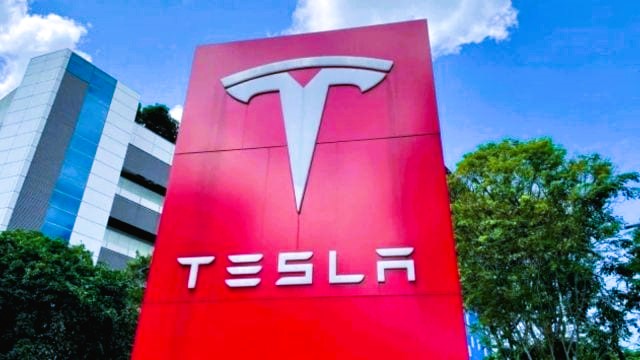Elon Musk is looking towards supercomputers in order to power up his business empire spanning multiple industries with AI. The tech billionaire plans on investing $500 million to set up a supercomputer in New York, besides building another supercomputer cluster called Cortex at the headquarters of electric carmaker Tesla in Texas, US.
Additionally, Musk’s startup xAI announced in June that its AI model Grok will be trained by a supercomputer called Colossus that has been established in Tennessee, US, with a portion of it already online.
But how will Musk’s massive investments in supercomputers impact Tesla, xAI, and his other ventures?
Tesla’s supercomputer bid
Tesla car owners have access to two suites of driver assistance features: Autopilot (with automatic steering, accelaration, and braking) and the more advanced Full Self-Driving or FSD system which offers features such as automatic lane changes, automatic parking, and automatic stopping for traffic lights and stop signs at a subscription of $99 a month.
Notably, Tesla stresses that “Autopilot and Full Self-Driving (Supervised) are intended for use with a fully attentive driver, who has their hands on the wheel and is prepared to take over at any moment.”
However, the EV manufacturing giant reportedly plans on transforming its Autopilot and FDS offerings with a custom-built supercomputer called Dojo, which has been running tasks for Tesla since last year, according to a report by CNBC.
The supercomputer is being used by the company to process the massive troves of video footage and other data captured by Tesla cars to train its AI models. The high-tech, electric ride is capable of collecting vast amounts of data with an estimated five million Tesla cars, equipped with eight or more cameras, covering an average of 10,000 million miles on the road.
“They’re streaming all of that video back to Tesla,” Steven Dickens, chief technology advisor at the Futurum Group, was quoted as saying in the report.
Other potential uses
Dojo could also be used by the company to train its humanoid robots called Optimus that are set to be deployed on Tesla factory floors from next year. It is reportedly planning to spend $10 billion on AI in 2024.
Bringing fully autonomous self-driving cars is crucial for Tesla to maintain its $63 trillion-dollar evaluation even as the automaker faces stiff competition from rivals such as Alphabet-owned Waymo, GM’s Cruise and Amazon’s Zoox as well as Chinese competitors such as Didi and Baidu
